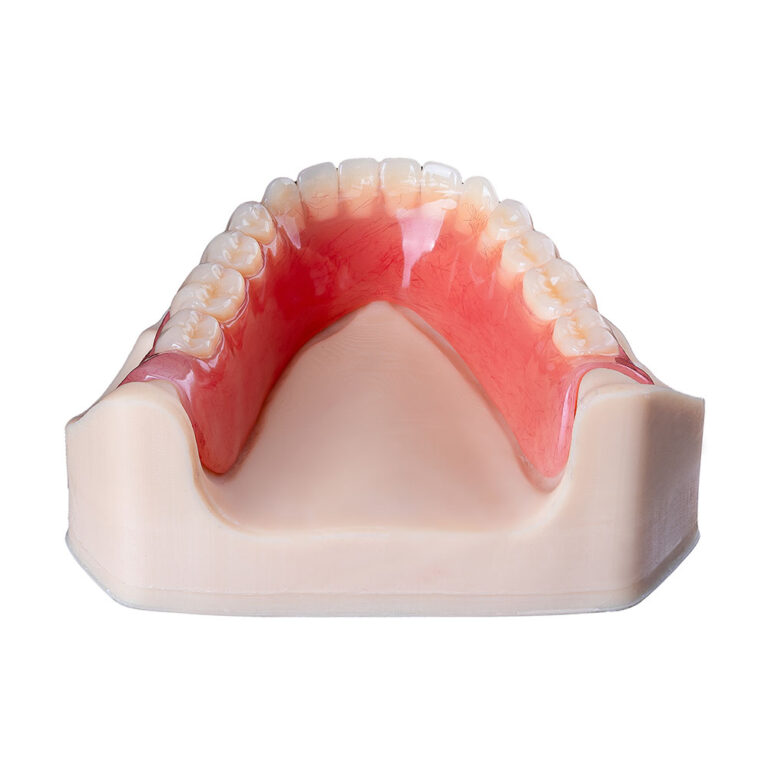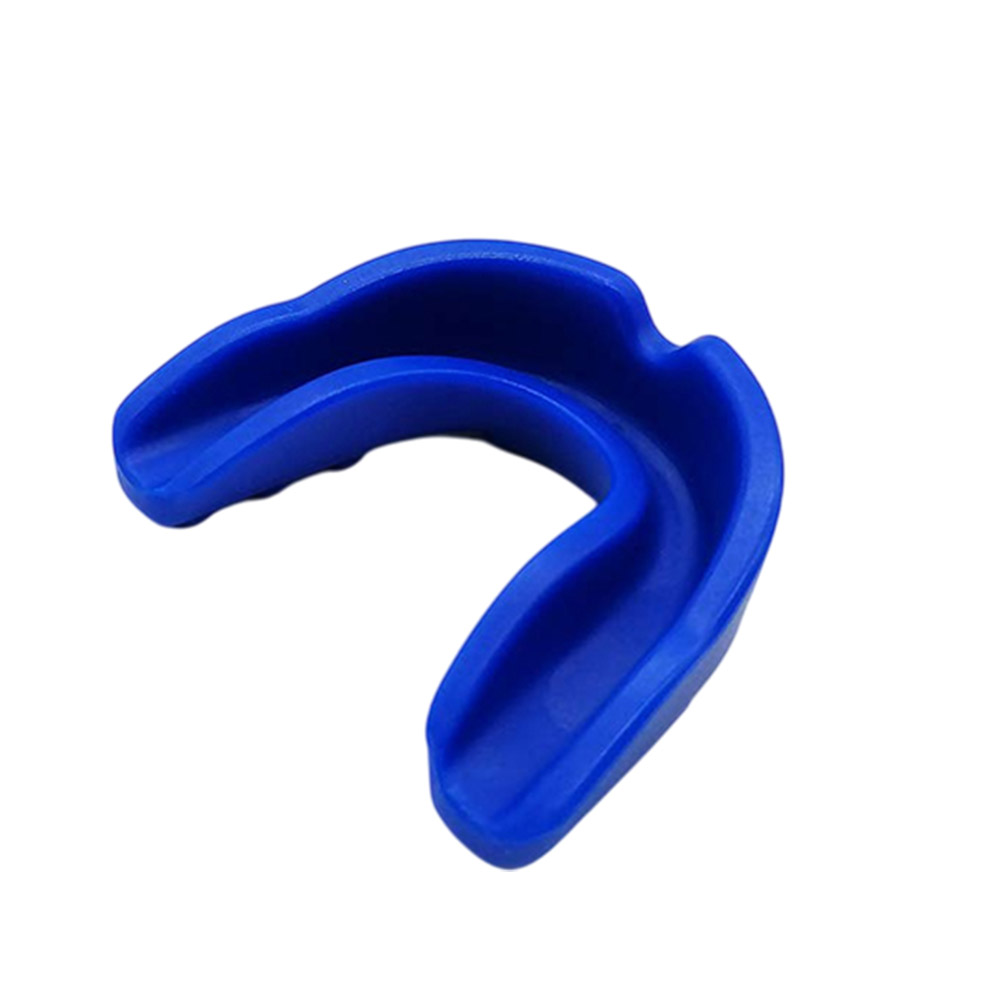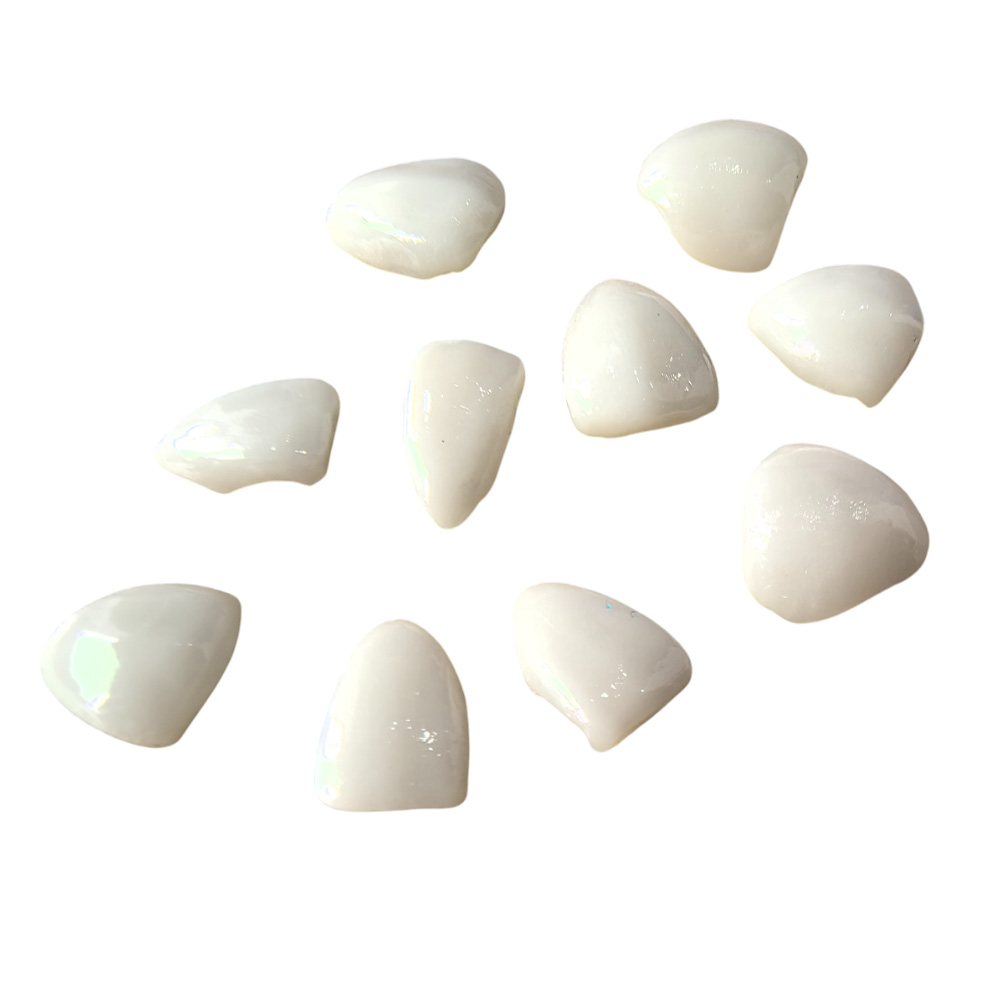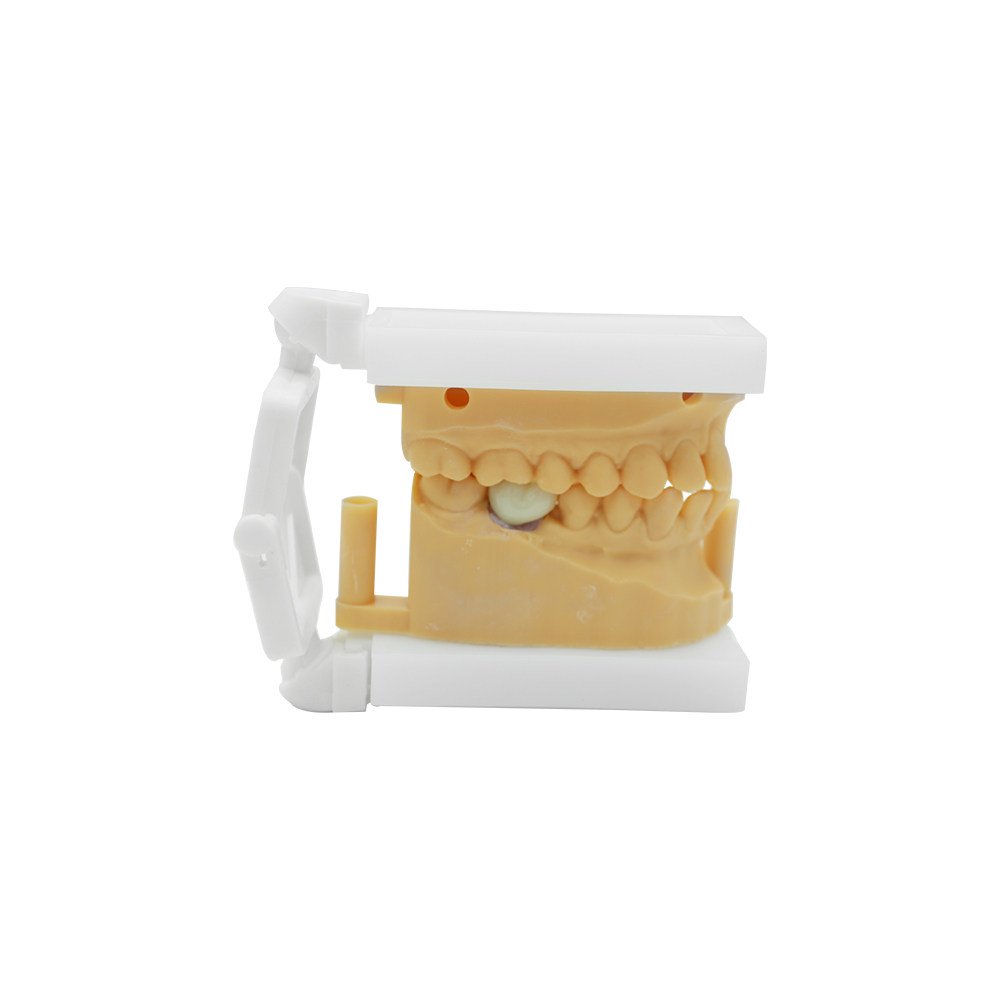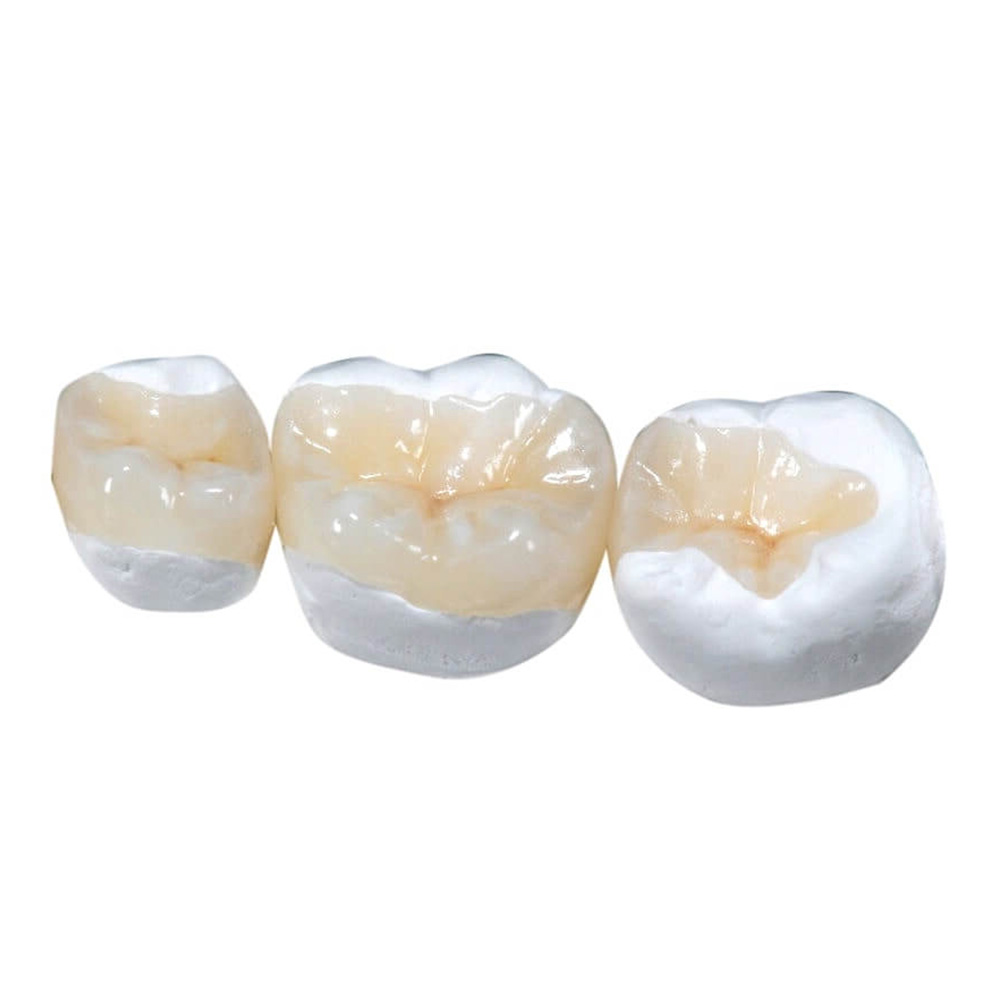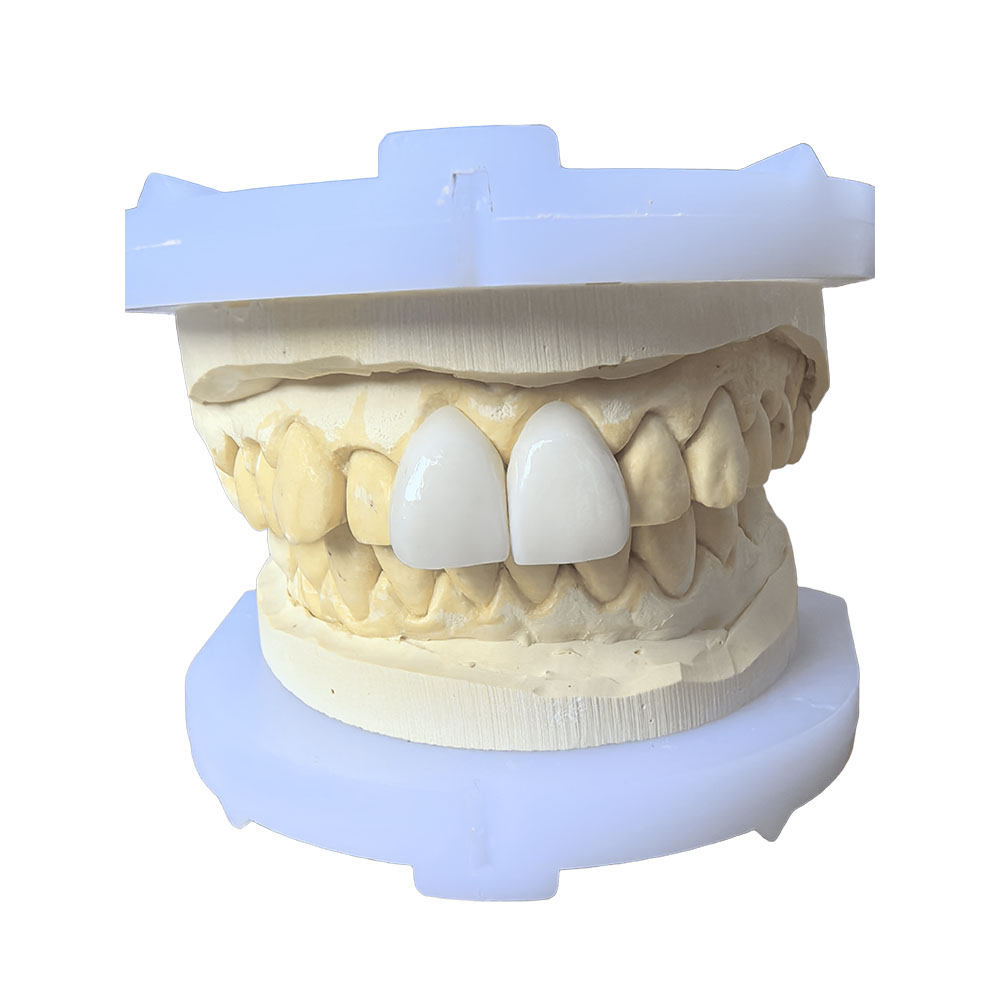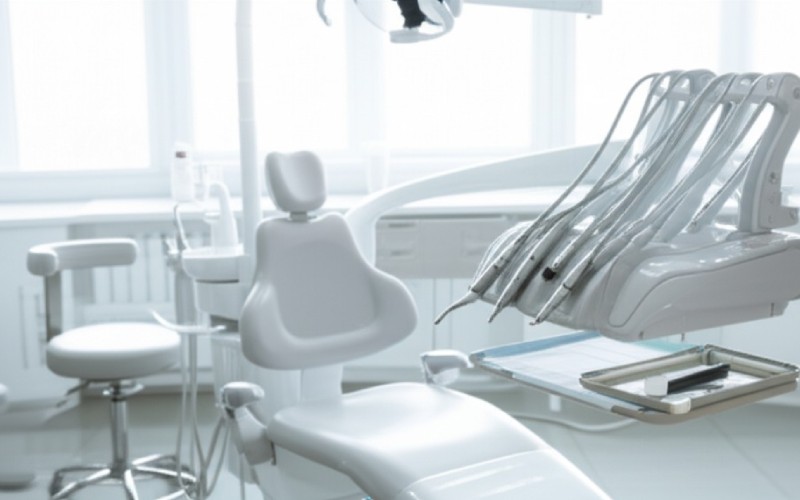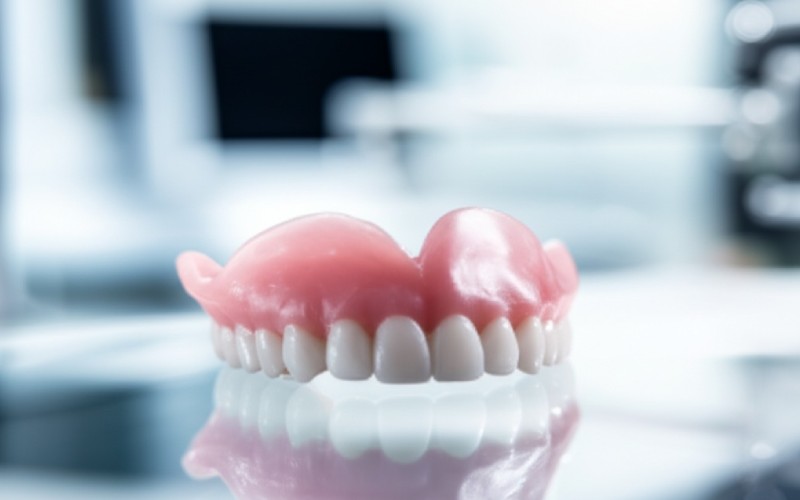Best Cheap Dentures For Seniors
Grow Your Practice by Providing the Best, Most Affordable Dentures for Seniors
Is your dental office or lab looking to help more people? Many older adults are looking for the best low-cost dentures. They need a way to smile, eat, and live with confidence again.
Our service helps you give them what they need. We team up with you and give you the tools and products to offer top-quality, low-cost partial dentures and affordable full dentures.
We make it easy for you to provide the best dentures for seniors. This helps your practice grow and helps your community. We believe in talking with our partners in a clear and simple way.
Why Partner With Us? Improving Your Patient Care
When you work with us, you get more than just a product. You get a partner who wants to help you do well. We help you explain every step to your patients clearly.
Top-Quality Products: The “best” dentures for seniors go beyond the first price. They include key things that matter for quality, to make sure they are comfortable, work well, look good, and last a long time. These points are extremely important for patient happiness and their quality of life.
- Comfort: This is maybe the most important thing for seniors. The “best” denture reduces sore spots and gum irritation. It fits perfectly against the gums, allowing for natural speech and easy chewing. This is done by taking exact molds, getting the bite right, and careful work in the lab.
- Aesthetics: A natural look is very important for a patient’s confidence and peace of mind. The “best” dentures have teeth that look just like real teeth in color, shape, and position. The base matches the gums so well you can’t tell it’s there. New materials and digital design tools help a lot in making them look great.
- Durability: A long-lasting denture holds up against breaking, wearing down, and changing shape over time. This comes from using top-quality materials (like high-impact acrylics and strong metal frames) and a careful making process to make sure it stays strong during chewing. How long it lasts directly affects how long the denture will be useful and means fewer repairs or replacements.
- Fit: A perfect fit is the key to making sure it stays in, is stable, and has support. It makes sure the denture stays securely in place while being used, spreads out the chewing pressure evenly, and stops the gums from getting hurt. A great fit is achieved through better mold-taking methods, exact digital scanning, and advanced lab steps that turn the dentist’s information into a denture that fits just right.
Customer feedback shows that seniors often think “affordable” means getting a good deal for their money, caring more about comfort and how long it lasts than the lowest possible price. Being unhappy with the cheapest options often leads to higher costs later because of repairs or replacements. This shows how important it is to choose quality from the start. At Istar Dental Lab, we believe true value is a denture that gives lasting comfort, works well, and looks good, leading to fewer problems down the road and a better life for the senior patient.
Simple Pricing: We offer clear pricing with no hidden costs. You get a detailed denture treatment plan and a list of costs to share with patients. You will always know the final cost of dentures.
Expert Support: We help you answer tough questions from patients. We give you the information you need to find the right solution for them. This helps patients feel involved and smart.
Patient Resources: We provide materials that help you teach patients about taking care of affordable dentures and how to clean them.
Our goal is to help you provide the best value dentures and become the main place for senior dentures in your area.
Our Full Range of Denture Products
Choosing the right kind of denture for a senior patient is a very important choice. It depends on the patient’s leftover teeth, mouth health, overall body health, budget, and what they prefer. We offer a full set of choices, which have different features and are good for different people.
| Product Type | Key Features | Best For Your Patients |
|---|---|---|
| Full Dentures | What they are: Full dentures are removable sets of teeth made to replace all missing teeth in a jaw. They rest on the gums, using suction, fitting to the jawbone, and muscle control to stay in place. They are usually made of an acrylic base and fake teeth. Good for Seniors: The most affordable first choice for losing all teeth. It doesn’t require surgery. | Who they are for: Patients with no teeth and enough jawbone left. Patients who want an option without surgery or have reasons not to get implants. Patients with a limited budget that prevents more expensive implant-supported options. |
| Partial Dentures | What they are: Partial dentures are removable sets of teeth used when some natural teeth are still there. They can be supported by teeth, gums, or both, and are usually held in by clips around the existing teeth. They can be made with a metal frame (cobalt-chromium) or from flexible resin materials. Good for Seniors: They save the remaining natural teeth, which helps keep the sense of where their teeth are and the bone structure. They are usually more stable and comfortable than full dentures if made well. They are also easier on a person’s feelings if they still have some of their own teeth. | Who they are for: Patients with healthy, well-placed teeth to use as anchors. When saving the last few natural teeth is important. As another choice to fixed bridges or implants because of cost or other limits. |
| Immediate Dentures | What they are: An immediate denture is made before the last teeth are pulled and is put in on the same day as the surgery. It acts like a “bandage” over the empty spots, helping to control bleeding and protect the healing gums. It is a temporary denture. Good for Seniors: This avoids the time of having no teeth, which is good for looks and feelings right away. It acts as a cover for healing gums and helps the patient get used to wearing a denture while they heal. | Who they are for: Patients who can’t handle being without teeth for social, personal, or functional reasons. When it’s important to keep the natural height of their bite and face shape right after teeth are pulled. As a temporary fix while the mouth heals before a final denture is made. |
| Implant-Supported Dentures | What they are: Implant-supported overdentures are removable sets of teeth that get their hold and support from dental implants put into the jawbone. They usually snap onto the implants with different kinds of clips (like a locator, ball, or bar). While the patient can take them out to clean, they offer much better stability and hold than regular dentures. Good for Seniors: They greatly slow down bone loss by moving chewing forces to the bone through the implants. They bring back up to 60-80% of natural chewing power. Patients are almost always happier and report a better quality of life. | Who they are for: Patients with major bone loss, which makes regular dentures loose. Patients who can’t mentally handle loose dentures. A desire for better chewing, speech, and quality of life. Patients with enough bone for implants or who can have bone added. |
| Flexible Dentures | What they are: A kind of removable partial denture made from a bendy, plastic-like resin (like nylon). They have no metal, and the clips that hold them are made of the same pink, gum-colored material, so you can barely see them. They mostly rest on the gums, which means chewing pressure goes to the gums instead of the teeth. Good for Seniors: They offer great looks because there are no metal clips. They are light, comfortable, and not as stiff as regular partials. A great choice for patients who are allergic to metal. | Who they are for: Patients who care a lot about looks and want to avoid metal clips that show. Patients with allergies to the metals used in regular partial dentures. Often used as a comfortable, short-term, or temporary partial denture. Situations with tilted teeth or deep gum lines where a stiff frame would be hard to put in. |
Material Durability and Safety
The choice of material directly affects how long the denture lasts, how well it resists breaking, and how safe it is for the patient.
- High-Impact Acrylics: Studies show that high-impact polymethyl methacrylate (PMMA) resins are much stronger and last longer than regular PMMA. They have up to a 40% lower rate of breaking in the middle over 5 years. While they cost a little more at first, their total cost over 10 years is lower because they need fewer repairs.
- Metal Framework Partials (Cobalt-Chromium Alloys): These are still the best choice for partial dentures when it comes to strength. Over 90% last for 10 years or more. They spread chewing pressure more evenly, which slows down bone loss. However, some patients might notice a metal taste or have an uncommon allergic reaction.
- 3D-Printed Resins: The use of 3D-printed dentures is growing quickly. Early studies show they fit better (up to 30% fewer sore spots) and need less adjustment time at the dentist’s office. These resins are made to be tougher and harder to break and have less leftover chemical material, which fixes common problems with older materials.
Overall Health and Patient Factors
For all types of dentures, a person’s overall body health is very important:
- Diabetes: While implants are less successful in people with poorly controlled diabetes, patients who have it under control have similar results. Diabetes can also slow down healing for regular dentures.
- Osteoporosis: This may affect how well an implant joins with the bone and can make dentures unstable because of fast bone loss, meaning they need to be refitted more often.
- Hand Movement Skills: Seniors with conditions like Parkinson’s or arthritis may have a hard time with cleaning around implants or partial denture clips, making simpler dentures a better choice, or they may need help from a caregiver.
- Memory and Thinking: This can make taking molds, trying on dentures, and getting used to them more difficult, sometimes requiring more appointments or help from a caregiver. Not following the after-care instructions can lead to a poor fit and hurt the gums.
At Istar Dental Lab, we work together closely with our dental partners to check these factors. We make sure the chosen denture type matches the senior patient’s dental needs, what they expect from them, and their long-term health. Our advanced making methods, including digital tools, are designed to make the fit and lifespan of all denture types as good as possible, giving the best results no matter which one is chosen.
Our Simple Process for Your Practice
We make getting top-quality dentures easy and fast. We have a clear process with every step laid out for you.
- Consultation & Ordering: You send us the patient’s case, including what they need for a new denture or a simple repair.
- Digital Design & Crafting: Our labs use the latest tech to create natural-looking, affordable dentures. Whether it’s a basic denture or a custom job, we focus on quality.
- Fast Delivery: We ship the finished dentures to your office, ready for fitting. We can even support next-day denture services for some products.
- Support for Adjustments: We provide guides for relining dentures for a better fit and fixing dentures that don’t fit well.
We also offer services for denture repair costs and can help you get the best price on full mouth dentures. This lets you provide the best dentures for seniors at a price they can afford.
Supporting a Lifetime of Healthy Smiles
The true “best” denture provides value that lasts, going far beyond the day it’s delivered. This long-term value is directly tied to good care, how long they are built to last, and new improvements in dental tech. At Istar Dental Lab, we are focused on making dentures that perform great for a long time and are leading the way with new ideas that are shaping the future of dentures.
Ongoing Care and Maintenance Proper daily care and professional check-ups are key to making dentures last as long as possible and keeping the mouth healthy.
- Daily Cleaning Steps:
- Brushing: Brushing with a soft brush and a gentle denture cleaner is still the best way to remove germs and stains.
- Ultrasonic Cleaning: These devices are better at removing germs than just brushing, which is especially helpful for seniors who have trouble using their hands.
- Soaking: Soaking them overnight in special solutions is recommended. However, using bleach-based soaks too often can damage the acrylic and metal parts.
- Proper Storage: Dentures must be kept in water or a denture-soaking solution when not in your mouth to stop them from bending or changing shape. This is especially true for polymethyl methacrylate (PMMA) bases. Storing them dry can cause tiny cracks and make them weaker.
- Professional Check-ups and Relines:
- Yearly check-ups are the minimum; visits every six months are suggested for patients with fast bone loss or implant dentures.
- How often a reline is needed changes: regular full dentures usually need a reline every 2–3 years, while implant dentures may need one every 4–5 years, depending on bone loss.
- Mouth Health: Not cleaning well increases the risk of a type of mouth sore caused by dentures (seen in 35–50% of seniors). This speeds up changes in the gums and means more relines or replacements are needed. Using special gels can help stop germs from growing.
How Long They Last:
- Full Conventional Dentures: 5–8 years (with good care), 3–5 years (with poor care).
- Partial Dentures (metal frame): 10–15 years (with good care), 5–8 years (with poor care).
- Flexible Partials: 7–10 years (with good care), 3–5 years (with poor care).
- Implant-Retained Overdentures: 10–15 years (with good care), 5–8 years (with poor care), with the clips wearing out being the main issue.
Contact us today to learn more about how we can help you provide the best dentures for seniors and grow your practice.

